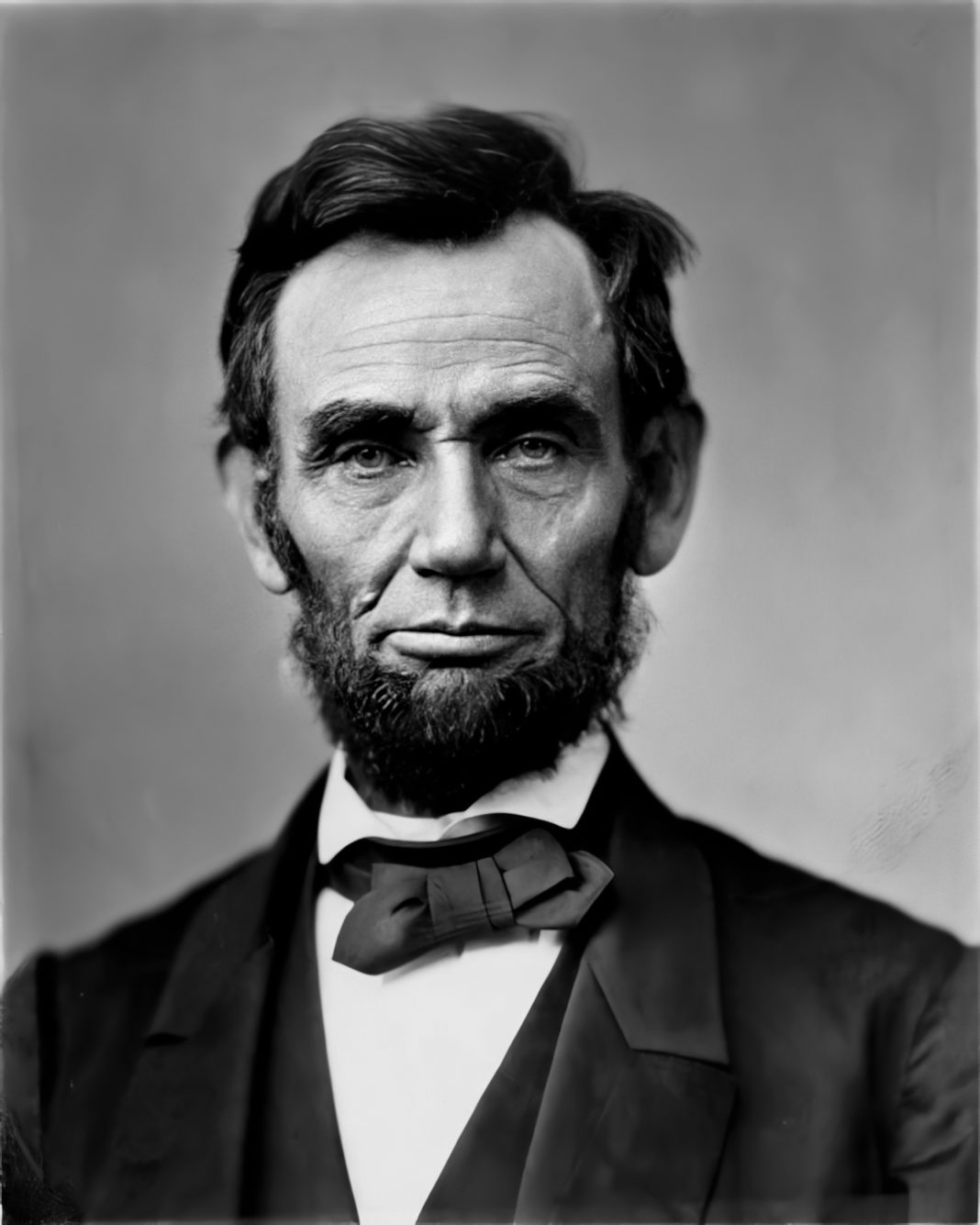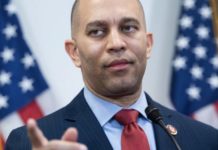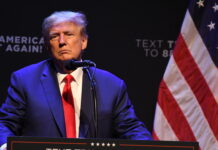This week we’ll look at Abraham Lincoln. It is unbelievable and ironic that rioting anarchists, supposedly believers in racial equality, would vandalize statues of Abraham Lincoln. Either they are ignorant of history or are not really believers in racial equality, or both.
For those with knowledge of just even just a smattering of the highlights of American history would know that, in addition to keeping our nation together through the Civil War, Abraham Lincoln is known as the “Great Emancipator”. As president, he issued the Emancipation Proclamation, freeing the slaves in the South during the Civil War, which set in motion events culminating in the abolition of slavery in our nation. President Lincoln has always been hailed as a hero in our history by blacks and whites alike for his role in freeing the slaves. This was a major step toward racial equality.
Abraham Lincoln declared slavery should “be treated as a wrong”. He said, “As I would not be a slave, so I would not be a master. This expresses my idea of democracy. Whatever differs from this….is no democracy.” In addition, he said, “There is no reason in the world why (the African American) is not entitled to all the natural rights enumerated in the Declaration of Independence-the right to life, liberty, and the pursuit of happiness.”
Lincoln was no different than the Founders we studied previously in that he struggled and wrestled with the issues of slavery and race and how they fit with the ideals of freedom and equality expressed in our Declaration of Independence. By today’s standards we would say he didn’t see those ideals perfectly as he expressed ideas that today we would consider prejudiced. However, he stretched himself to grasp upward, higher than had been reached before, toward those ideals. He served as a bridge for others to reach the goals of freedom and equality. For that we can be grateful to have had such a man as a leader during such a crucial time in our nation, guiding us toward liberty for all. Indeed, he made it possible for our nation to “have a new birth of freedom, that the government of the people, by the people, and for the people should not perish from the earth.”















